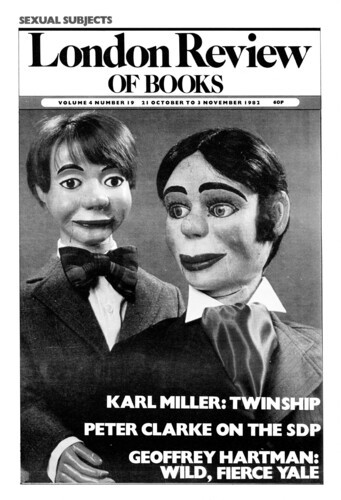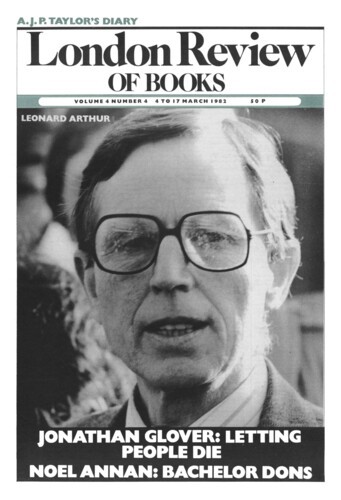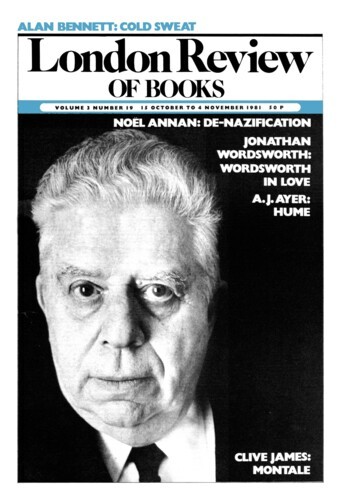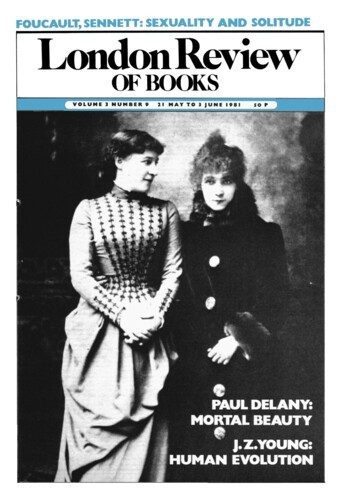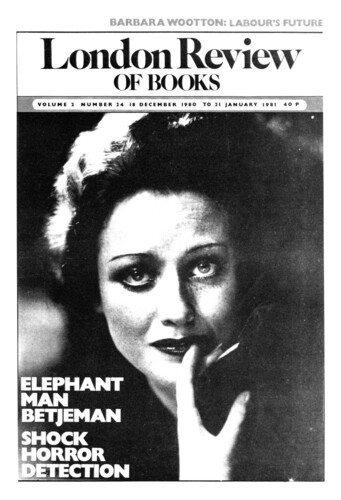I do and I don’t
Barbara Wootton, 21 October 1982
Beatrice Potter was born in 1858 at Standish on the edge of the Cotswolds. Her father, Richard Potter, was a well-to-do (mainly self-made) businessman to whom she was devoted. Relations with her mother seem, however, to have been uneasy: the diary mentions ‘a kind of feeling of dislike and distrust which I believe is mutual’. For this she suffered a strong sense of guilt, as she earnestly believed that ‘whatever my mother might be, it ought not to make the slightest difference to my feelings and behaviour towards her. Honour thy Father and thy Mother was one of the greatest of Christ’s commandments.’ Nevertheless, as the eighth daughter in a family of nine girls and one boy (who died in infancy), Beatrice did sometimes feel neglected by her parents’ preoccupation with her older sisters’ numerous courtships and marriages.
